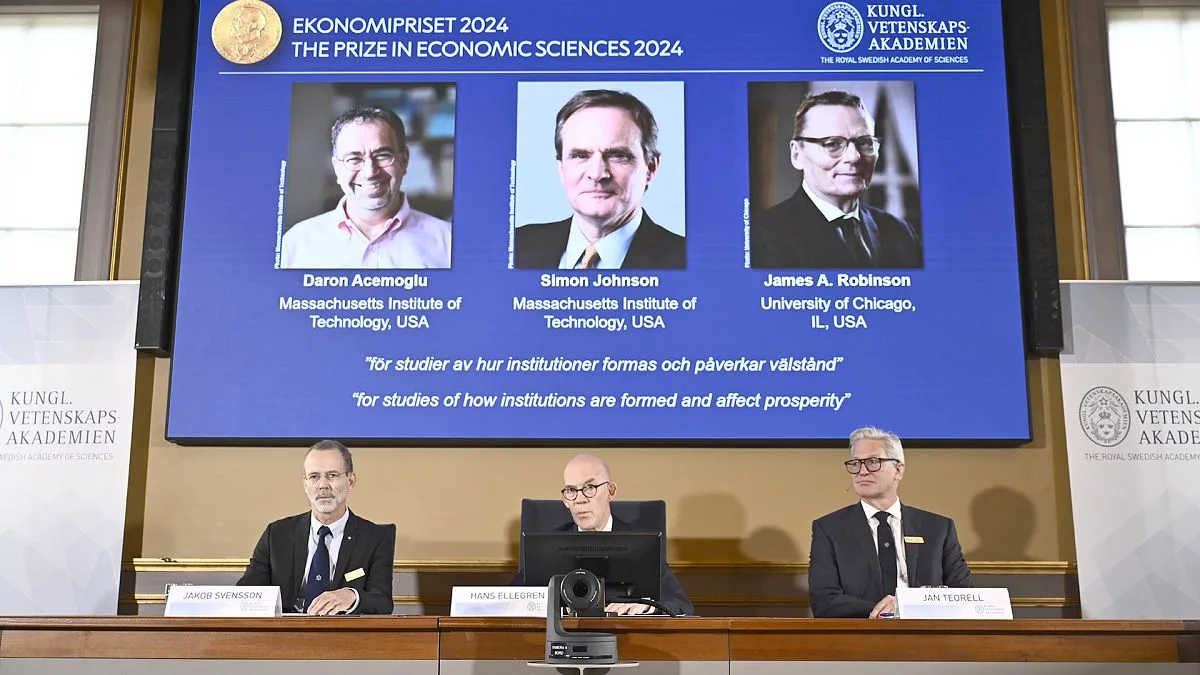European mega-cap stocks are falling behind the impressive gains seen with the U.S. tech conglomerates commonly referred to as the “Magnificent Seven.” This disparity can be attributed to a combination of factors, including an absence of advancements in artificial intelligence (AI), slowdowns in China, and escalating geopolitical risks, particularly related to tariff uncertainties.
The Magnificent Seven, consisting of tech-industry leaders such as Alphabet, Amazon, Apple, Meta Platforms, Microsoft, Nvidia, and Tesla, have witnessed an astounding average increase of 55% this year. In stark contrast, their European counterparts—often dubbed the ‘Eurostars’ or ‘GRANOLAS’—have struggled to keep pace, achieving average gains of only 7.6% and a mere 0.6%, respectively.
Furthermore, the performance gap isn’t limited to mega-cap stocks. The S&P 500 has surged by 25% year-to-date, whereas European equities, as measured by the Stoxx 600 index, have seen only a 5% rise.
In discussing the underlying reasons for this market disparity, investment strategist Jordy Hermanns from Aegon Asset Management emphasized the pivotal role of technology and AI sectors. “The technology and AI sectors remain powerful drivers of returns, underpinning the continued strength of the Magnificent Seven stocks,” he explained.
Europe’s Absence in the AI Boom
According to Hermanns, the sluggish performance of European equities primarily stems from structural market differences and external challenges. The Magnificent Seven have capitalized on the current AI boom, leveraging its potential across various industries.
“This AI return driver is essentially nonexistent for European stocks,” Hermanns stated. Without such a technological boost, European equities find themselves lacking the explosive momentum that has charged U.S. markets to extraordinary heights.
Challenges from China and Macroeconomic Headwinds
European firms are further burdened by region-specific hurdles. Many multinationals in Europe have substantial exposure to China, where economic growth has slowed, creating a dampening effect on demand. This trend is particularly detrimental to the luxury sector, especially for iconic brands like LVMH, which heavily relies on Chinese consumer spending.
Compounding these challenges are geopolitical uncertainties tied to evolving trade policies, especially under the scrutiny of the new U.S. administration. “Geopolitical tensions appear to affect European firms more severely,” Hermanns observes.
European automotive manufacturers and luxury brands might face added obstacles should former U.S. President Donald Trump’s proposed tariffs come back into play. These potential tariffs could see a staggering 60% levy on Chinese imports and a 10% universal tariff on goods from various nations.
Ferrari, along with other leading Eurostar brands, could be particularly at risk due to their reliance on exports to both the U.S. and China. Although demand for high-end European products typically remains robust, the uncertainty surrounding tariffs—and potential retaliatory actions—causes investor wariness. “It’s clear that investors do not favor the uncertainty linked to impending tariffs for any business,” Hermanns points out.
Novo Nordisk Faces Emerging Threats
Novo Nordisk A/S, the largest company in Europe by market capitalization, has experienced merely a 4% gain year-to-date, positioning it for its weakest annual performance in five years. Following substantial growth from its flagship obesity medication Wegovy, Novo is encountering increased competition from emerging alternatives entering the market.
“With additional companies now providing substitutes, Novo Nordisk’s previous monopoly in this sector is diminishing,” Hermanns remarks. “Nevertheless, the overall market continues to expand, and Novo Nordisk’s market share remains significantly high.”
Investment Implications: Diversification is Key
While U.S. tech giants redefine equity return dynamics, European corporations are navigating through both structural headwinds and external obstacles.
Whether it’s the slowdown in China, looming tariff risks, or the absence of an AI-driven surge, the future for European equities appears fraught with challenges. As the expert highlights, the ongoing dominance of U.S. equities is reshaping global investment portfolios, leading to a tilt towards U.S. assets while raising concentration risks.
Hermanns advises investors to remain prudent: “Investors should not merely hone in on U.S. stocks; instead, they should think about geographical diversification.”
Photo credit & article inspired by: Euronews



